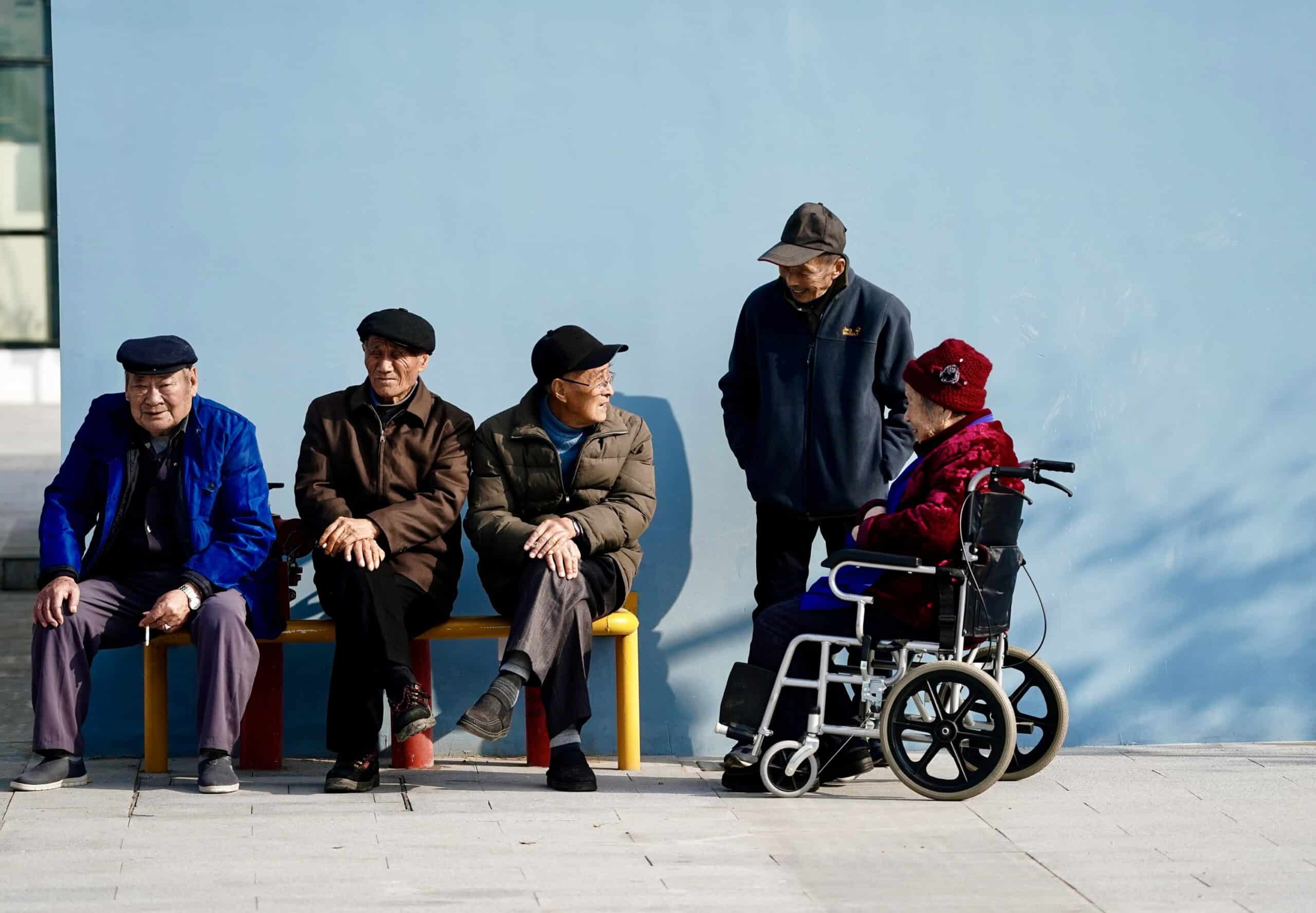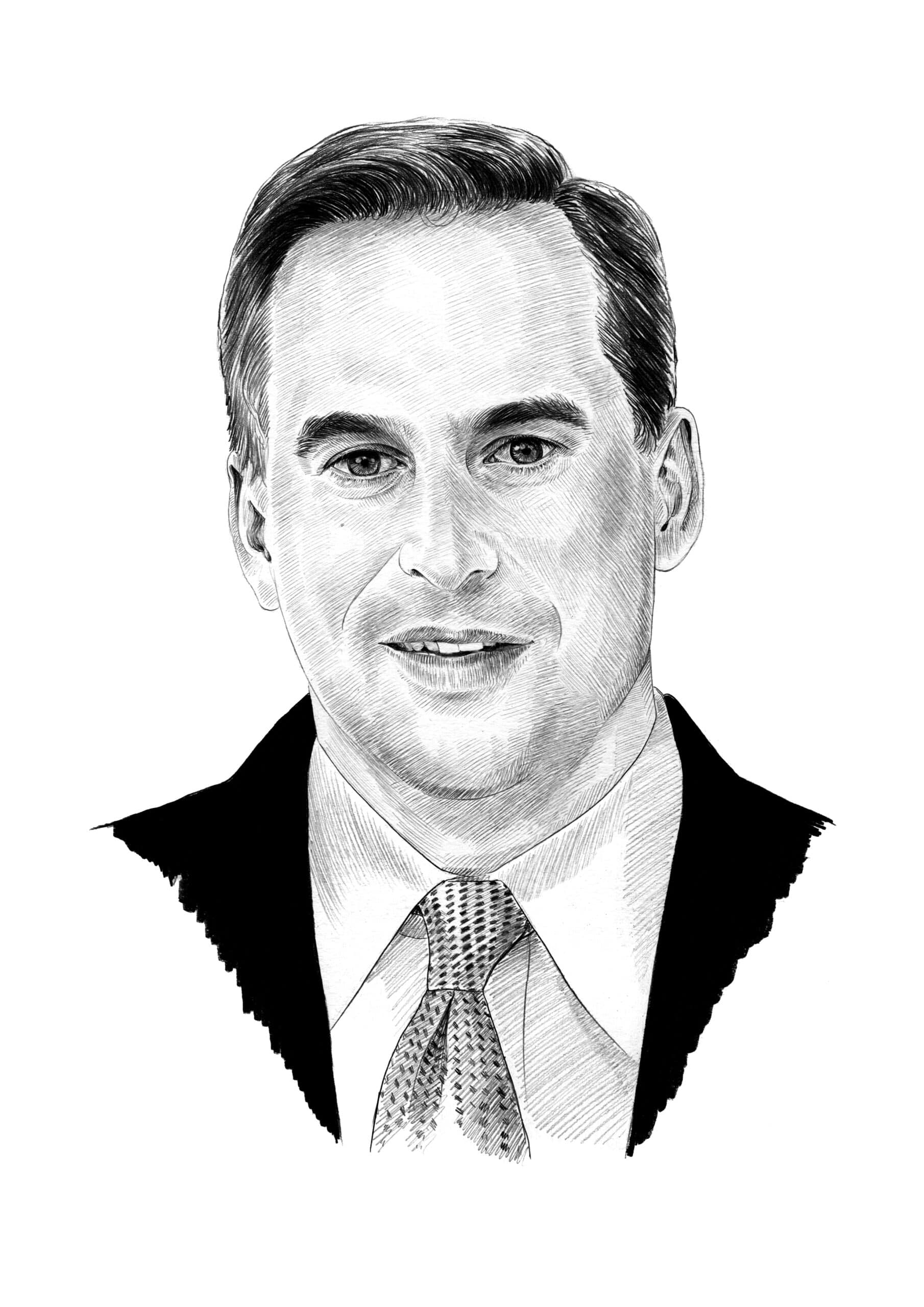
Credit: Genesys
When Petr Kellner, the billionaire chief of the international conglomerate PPF Group, died last month in a helicopter crash near Anchorage, Alaska, he left behind a complicated legacy about his relationship with China.
The 56-year-old businessman was the wealthiest person in his native Czech Republic in large part because, for the past decade, he had been one of the most successful foreign businessmen in China. While PPF Group owns everything from banks and newspapers to insurance and telecommunications companies, much of Kellner’s $17.5 billion fortune1According to Forbes was tied to a PPF subsidiary called Home Credit, a huge consumer credit business whose operations in China, analysts say, managed to grow by traversing the complex terrain between business and politics.
“PPF learned how to navigate these muddy waters of post-communist reform, when the economy starts opening up but there are a lot of strings attached,” says Ivana Karásková, a research fellow at the Association for International Affairs in Prague and a European China policy fellow at the Mercator Institute for China Studies in Berlin. “They developed it in the Czech Republic, mastered it in Russia, and brought it to China.”
In the 1990s, as the Czech Republic transitioned away from communism and privatized its economy, Kellner had his first success. He started an investment fund that bought up stock vouchers distributed to Czech citizens and quickly took a large stake in an insurance company. But commercial success in a post-communist society, he soon learned, is delicate.
“It was easy to get rich during the wild privatization of the 1990s, but Kellner discovered it was hard to hold onto wealth,” says Igor Lukes, a professor of international relations at Boston University and an authority on central Europe. Other entrepreneurs, Lukes notes, quickly went boom and bust as the Czech economy privatized. But Kellner focused on making political friends, Lukes says, “because it was the only way to defend your profits.”

Credit: PPF Group
Kellner made significant efforts to win the support of Czech politicians — a skill he used to expand into other post-communist economies. Home Credit, for instance, was started in the Czech Republic in 1997, but it had operations in Russia by 2002, and in 2010, it became the first foreign firm in China to secure a financial license to offer consumer credit.
On paper, Kellner’s expansion into China seemed like a brilliant stroke. Chinese consumers were just breaking into the middle class in large numbers, and many wanted to take out credit to buy electronics, including iPhones. At Home Credit storefronts, they could walk in and quickly see if they qualified for a loan.
But, at the time, the Czech Republic had chilly relations with Beijing, partly because of its pro-democracy learnings and the legacy of Vaclav Havel. Home Credit’s initial license was only for a pilot program in a single city, Tianjin, China. It was a coup, in and of itself, but for Home Credit to grow its business in the country, Kellner’s political connections and savvy would be tested.
Analysts believe — and former PPF Group employees in China have suggested — that for Home Credit to expand its business in China, the Czech government’s policies towards China would need to change.
Kellner seems to have accepted the challenge. In 2011, PPF Group became a prominent supporter of the Czech-China Chamber of Collaboration, a new organization founded to promote improved ties between the countries. And in 2013, when Milos Zeman was elected president of the Czech Republic, Kellner was seen as largely responsible for Zeman’s decision to make a sharp turn in Czech policy towards China. Zeman argued that a warmer relationship would bring massive investment and invigorate the Czech economy, and when he travelled to China for a private meeting with Chinese President Xi Jinping, Kellner accompanied him. Zeman even flew back to the Czech Republic on a private jet paid for by PPF Group.
That year — 2014 — Home Credit was granted approval to expand its consumer credit business across China. Czech analysts say Kellner’s strong political connections made him a desirable friend for Beijing.
“The way business works in China, there’s always a political-economy nexus. That probably helped Kellner in China’s eyes,” says Richard Turcsányi, the program director of the Central European Institute of Asian Studies in Olomouc. “We cannot confirm that what PPF Group did led to this change in Czech’s approach to China. But you can see there is overlap, a correlation.”
In a statement to The Wire, Home Credit disputes this, saying the company has often been misrepresented as “shrouded in mystery.” The statement noted that the “Chinese authorities… never put a condition for us on this or any other license that there be an improvement in bilateral ties between our country of origin and China.”
Whatever the reason — Kellner’s political machinations or the genius of his product — Home Credit took off in China. During the 2010s, Home Credit’s revenue grew from 1 billion euros to 6 billion euros, making China a major driver of growth for the PPF Group. In 2010, for instance, China accounted for just two percent of the Home Credit’s revenue. By 2019, that figure had jumped to more than 60 percent. And by that time, more than a third of the PPF Group’s global revenue was being generated by China. According to the company, it has served more than 52 million Chinese customers.

Home Credit’s success in China, however, has complicated its image at home. In 2019, Czech newspaper Aktuálně reported that PPF Group had hired a public relations firm to promote pro-China views in the Czech Republic. Some analysts viewed it as an attempt to create a more favorable image of China in the Czech Republic in order to improve Home Credit’s standing in Beijing.
“Home Credit became nervous about fallout in China from all of the negative publicity China was getting in the Czech Republic. So they started a rear guard public relations campaign to influence the conversation about China in the Czech Republic — as they called it, to ‘rationalize the debate,’” says Martin Hála, director of Sinopsis, a China-focused think tank based in Prague.
A scandal ensued, and there was widespread public outcry questioning Kellner’s influence on the Czech Republic’s policy towards China.
Regardless of Kellner’s role in the process, analysts debate how much has really changed since the Czech Republic adopted a warmer tone towards China. Only one Chinese company has announced plans for a major investment in the Czech economy — CEFC China Energy — and it quickly imploded amidst a corruption scandal. Moreover, trade between the countries has not substantially expanded; over the past decade, only about 1 percent of Czech exports were shipped to China, according to the World Bank.
[Czech businesses] know that China doesn’t always deliver; they’re not stupid. But they have nothing to lose by playing the China card.
Hosuk Lee-Makiyama, the director of European Centre for International Political Economy in Brussels
And while the national government is no longer a vocal critic of China on issues like human rights, various Czech localities have protested China. Prague’s mayor, for example, visited Taiwan in 2020, prompting condemnation from Beijing.
Even Kellner, before his passing, seems not to have been as all-in on China as he is often portrayed. After the U.S. heavily lobbied Central European countries to not use Huawei equipment in their networks, PPF Group’s telecommunications subsidiary, CETIN, chose to partner with Ericsson, not Huawei, to build a 5G network for the country.
Kellner held a nearly 99 percent stake in the PPF Group. After his death, Ladislav Bartoníček, a minority shareholder in the company, took control, and it has not yet been announced who will assume Kellner’s stake in the company.
Home Credit, meanwhile, is slugging along. It scuttled a planned initial public offering in Hong Kong in 2019, reportedly after bankers valued it lower than Kellner had hoped. The Covid-19 pandemic caused consumption to slump, hurting Home Credit’s lending business in China and elsewhere. And a recent crackdown by Chinese regulators on consumer lending from non-bank financial institutions, including China’s own huge Ant Group, suggests the industry may be in for turbulence.
For Czech politicians and businesspeople, says Hosuk Lee-Makiyama, the director of European Centre for International Political Economy in Brussels, this kind of tumult is to be expected.
“They know that China doesn’t always deliver; they’re not stupid,” he says. “But they have nothing to lose by playing the China card. They see China as a lottery ticket.”
A lottery that Petr Kellner had won big on.

Eli Binder is a New York-based staff writer for The Wire. He previously worked at The Wall Street Journal, in Hong Kong and Singapore, as an Overseas Press Club Foundation fellow. @ebinder21



